State of the Climate in Asia 2024
<p>The World Meteorological Organization’s State of the Climate in Asia 2024 report warns that the region is warming nearly twice as fast as the global average, driving more extreme weather and posing
<p>The World Meteorological Organization’s State of the Climate in Asia 2024 report warns that the region is warming nearly twice as fast as the global average, driving more extreme weather and posing
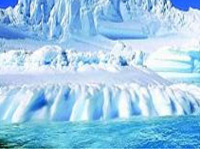
Perched on a wild, windy promontory on the rugged tip of northwestern Tasmania, the tiny Cape Grim research station has been measuring airborne greenhouse gases since 1976. It is one of a handful of
Rapidly disappearing Arctic sea ice is about to set a new record after an “absurdly warm” winter at the top of the world. For the second year running, it will have grown to cover less of the Arctic Ocean
The contribution of the Greenland and West Antarctic ice sheets to sea level has increased in recent decades, largely owing to the thinning and retreat of outlet glaciers and ice streams. This dynamic
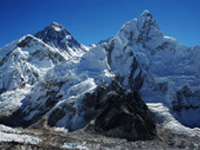
Corps Diplomatique column | A recent gathering in the northern Norwegian town of Tromso called Arctic Frontiers became an interesting forum for a global discussion on the region and the impact its sensitive
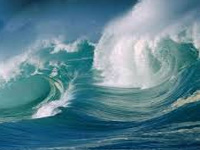
Coastal Areas Home To 1.3bn Face Submersion The damaging climate consequences of carbon emissions will grow and persist for millennia without a dramatic new global energy strategy , a new study has warned.
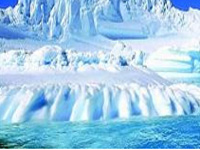
Loss of ice in Antarctica caused by a warming ocean may result in rising global sea levels by three metres, warns a recent research. Scientists from the University of Edinburgh in Scotland were able
Human emissions of greenhouse gases such as carbon dioxide are causing the Earth to warm. We know this, and we have known about the heat-trapping nature of these gases for over 100 years. But scientists
Melting ice sheets in Antarctica caused by ocean warming could potentially increase global sea levels by three meters. In the study, a team of scientists examined a number of landscapes to determine how
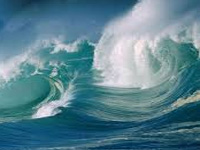
The amount of sea level rise that comes from the oceans warming and expanding has been underestimated, and is likely about twice as much as previously calculated, German researchers said on Monday.

Acknowledging that the Paris agreement on climate change is not perfect and not legally binding, US President Barack Obama said today that the mechanisms built into it will nevertheless hold every country